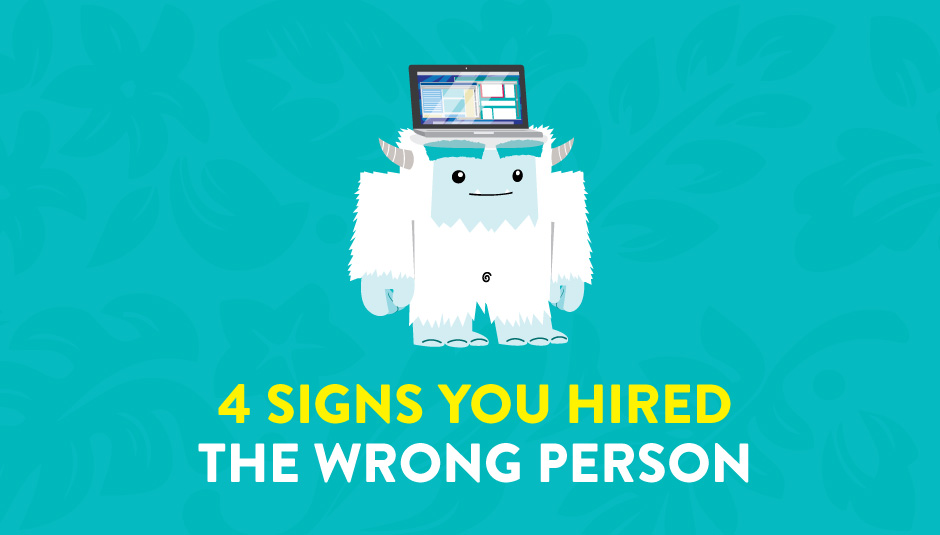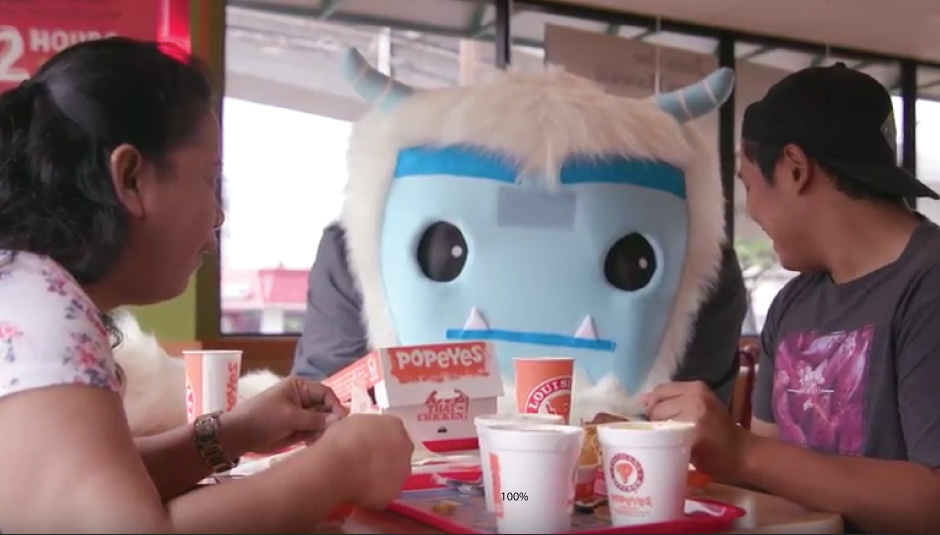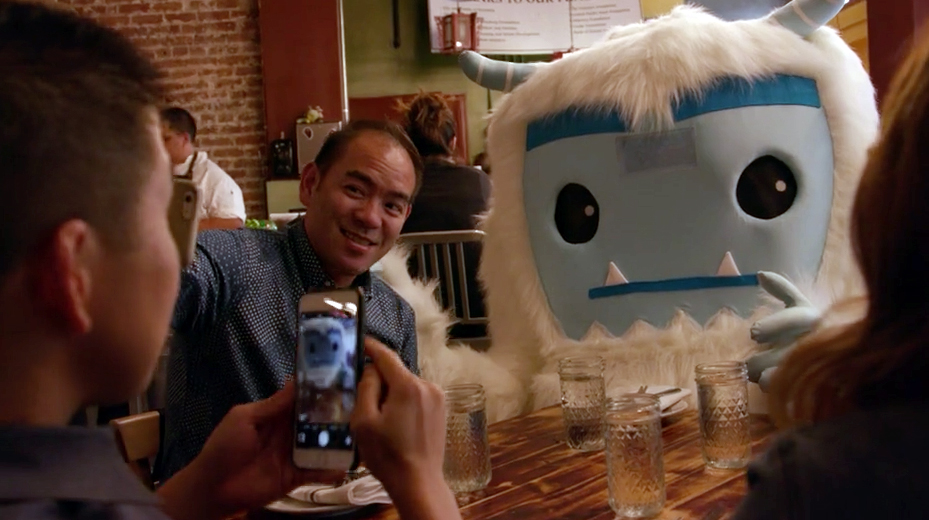4 Signs You Hired the Wrong Person

Hiring the right person is a long process, and even with due diligence you may find that the job candidate that waltzed through the interview and said all the right things just isn’t working out for you and your company. Don’t rush to judgement, but don’t get caught delaying the inevitable either. Here are four solid signs you may have hired a candidate that isn’t suited for your company, and the ways in which you might be able to remedy this all too common problem.
- Skills aren’t as expected
Some holes in a person’s skillset are to be expected when onboarding a new candidate, but a complete lack of previously advertised skills is worrisome. A lack of skills can provide invaluable teachable moments for the encouragement and development of your employee, but too many teachable moments and you just might find yourself with the wrong candidate. Hiring a candidate that isn’t capable of adapting their skillset to a new position costs; a survey of chief financial officers revealed that 39 percent found that bad hires drained productivity. In the same survey, supervisors reported spending 17 percent of their time—equivalent to a day a week—managing poorly performing employees. That’s time that could be better spent. - Immediate attendance problems
If your new hire is consistently late or taking longer lunches than you might expect in their first few weeks on the job, you may find that this sort of behavior tends to worsen with time. New hires are typically at their most eager to make positive impressions and demonstrate value. Being open and honest in your role as an employer and communicating issues early before certain behaviors become tacitly accepted is the best policy. - Resistant to change
If your new hire seems overly set in their ways and incessantly brings up how things were done at their old workplace, it’s possible they haven’t fully moved on from their previous position. Knowledge of other business practices and local competitors is a valuable asset, but a candidates’ fixation on doing things exactly as they had been done previously isn’t healthy for your company’s growth. Stressing value in having industry knowledge, but also communicating a desire that a new candidate use this knowledge to evolve in their journey at your company is the best policy here. - You don’t get along
This one might be the final nail in the coffin of any new hire—there are no reasonable accommodations for an employee you just can’t stand to be around. Either socially or professionally, not all personalities are necessarily compatible. As an employer, however, it pays to be mindful and honest of what known and/or unknown biases you may be bringing to the table in your interactions with new hires. Don’t let perfect be the enemy of good; if your new hire does exceptional work in most areas and poorly in a select few others but takes instruction well—allow them the time and space to grow. If your new hire has replaced someone who was an incredibly valuable asset at the company and a top performer, don’t unnecessarily hold them to the standard of a person who grew and matured under years of your training. Being open and honest with both yourself and your new hire can go a long way toward addressing whatever issues you might be having.
With qualified candidates so difficult to find in Hawaii, more than ever it’s sound policy to ensure that all new hires are trained adequately and positioned to succeed. Whether you’re relying on word of mouth or posting positions for free on Real Jobs Hawaii, effectively advertising your openings is a crucial component of making sure you hire the right person. By hiring for not only professional skillset, but emotional intelligence and workplace fit, you’ll be well on your way to making sure you bring on a hire that fits the long-term needs of your business.





